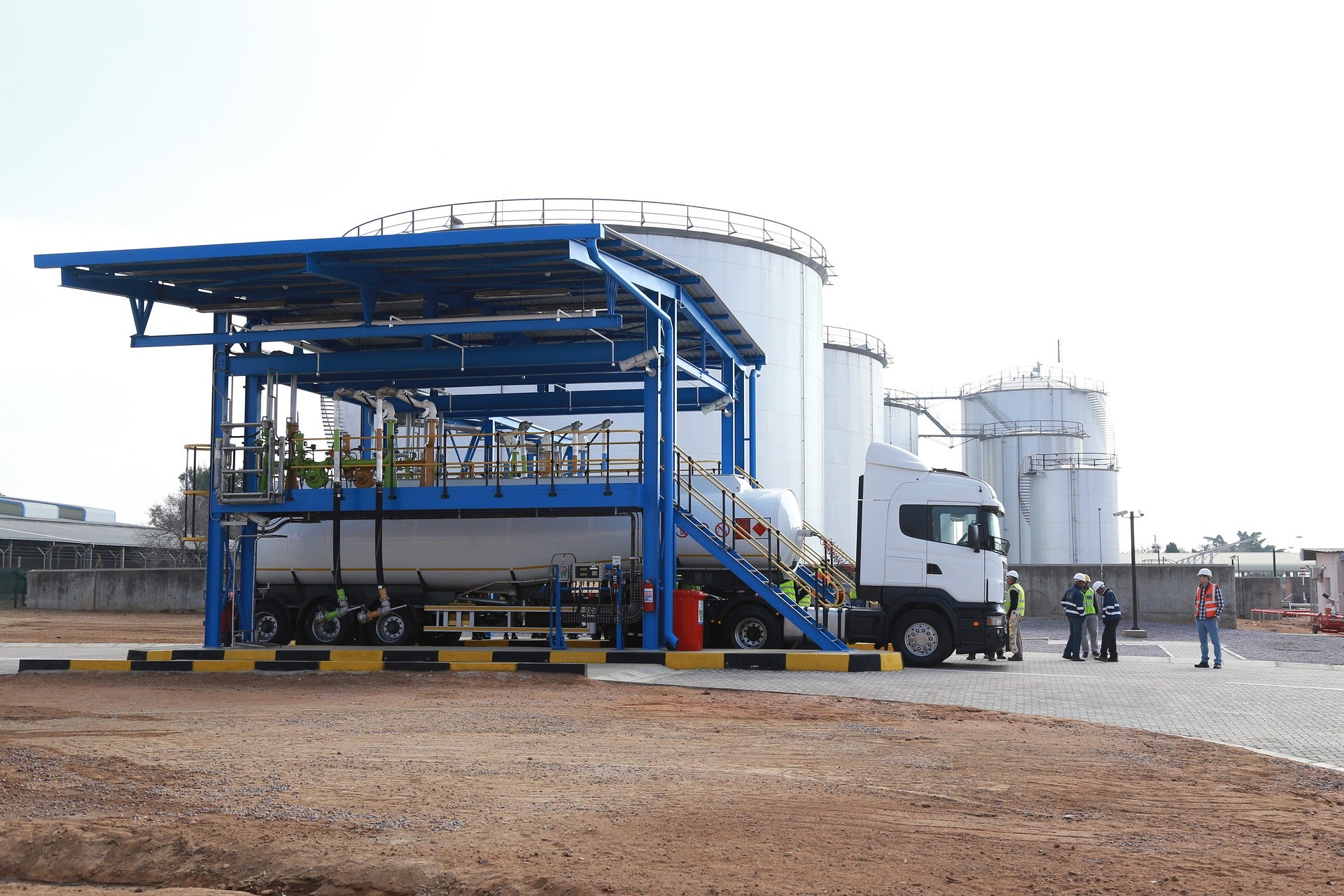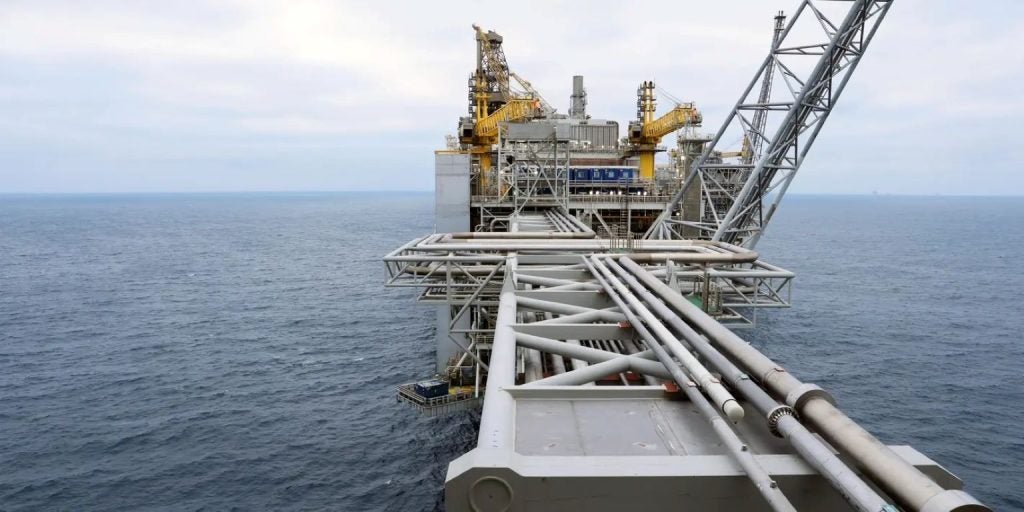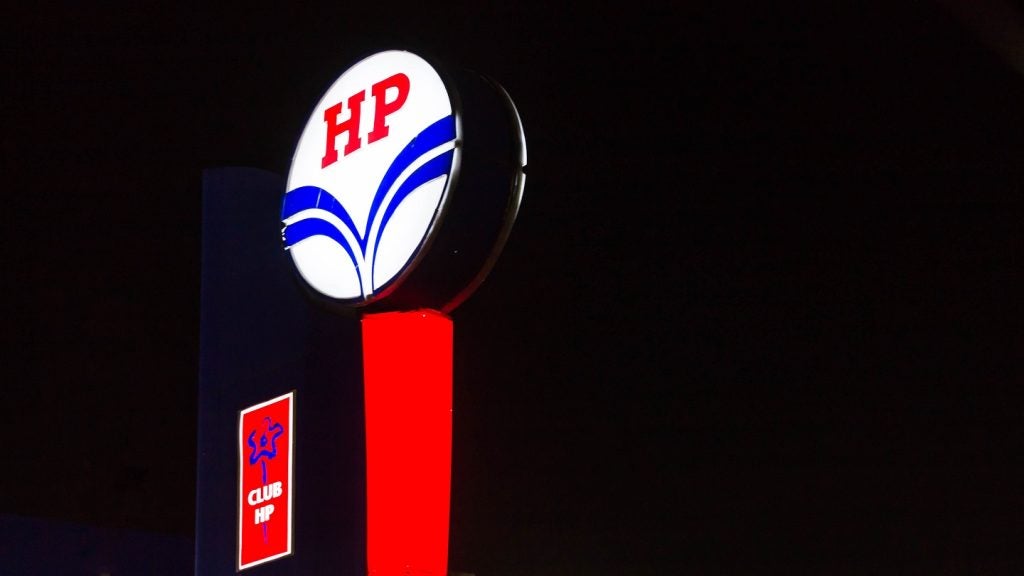
Royal Dutch Shell has reported a net loss of $447m in the third quarter of 2021 as it has written off $5.2bn in non-cash charges related to commodity derivatives.
The company posted gains of $489m in the third quarter of 2020.
The Dutch firm’s adjusted earnings in the three months ending September stood at $4.13bn, up from $955m in the same quarter a year ago.
Cash flow from operations, excluding working capital, surged to $17.5bn in Q3 from $14.17bn a year earlier.
This was driven by commodity derivatives and ‘outstanding’ cash generation across the firm’s businesses, the oil firm noted.
Shell reported a net debt of $57.5bn in the third quarter of 2021, compared to $73.5bn last year.
How well do you really know your competitors?
Access the most comprehensive Company Profiles on the market, powered by GlobalData. Save hours of research. Gain competitive edge.

Thank you!
Your download email will arrive shortly
Not ready to buy yet? Download a free sample
We are confident about the unique quality of our Company Profiles. However, we want you to make the most beneficial decision for your business, so we offer a free sample that you can download by submitting the below form
By GlobalDataRoyal Dutch Shell CEO Ben van Beurden said: “This quarter we’ve generated record cash flow, maintained capital discipline and announced our intention to distribute $7bn to our shareholders from the sale of our Permian assets.”
Furthermore, the company has unveiled plans to cut 50% of absolute emissions by 2030, compared to 2016 levels on a net basis.
The new target, which will cover scope 1 and scope 2 emissions under the firm’s operational control, forms a wider plan for the company to become a net-zero emissions energy business by 2050.
Beurden added: “Today, we also set a new 2030 target to halve the absolute emissions from our operations, compared to 2016 levels on a net basis. Altogether, this is clear evidence of how we are accelerating our Powering Progress strategy, purposefully and profitably.”





